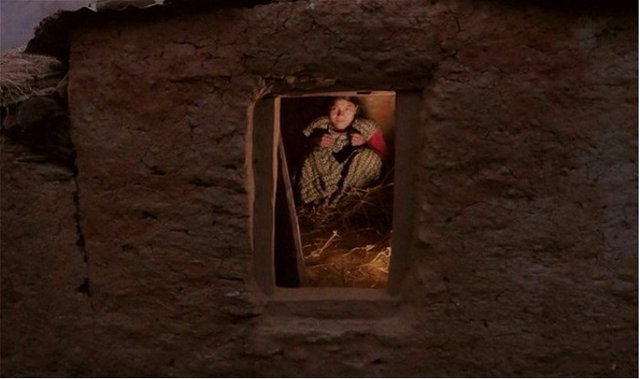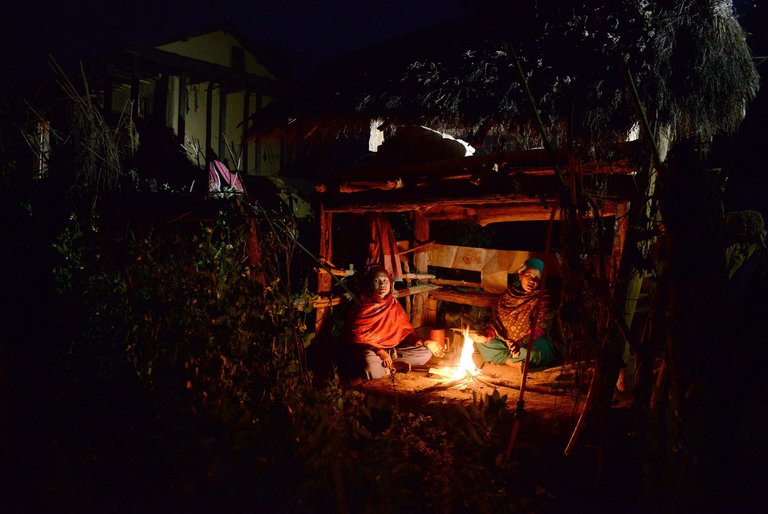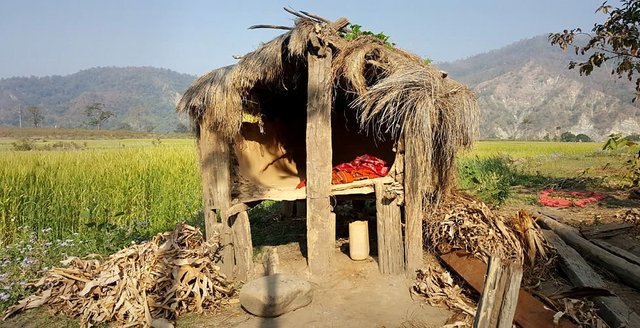#12 And as we get on with our lives, she walks towards her shed, hating the fact that she is a woman

This is something that is really close to my heart. I love my nation, but there are things that I absolutely hate about it. Position of women in Nepal is one of the main reasons why I defy our ancient traditions. And I say ancient because we have embraced the culture handed to us thousands of years ago and even though the whole world marches towards progress, we clutch the hands of our rudimentary traditions and squeeze the lives out of the daughters that the nation produces but denies to acknowledge.
Point in case, the death of a 18 year old Tulasi Shahi, in Dailekh of Nepal. She was on her periods, and where as having a period is something that is considered normal almost everywhere in the world, in Nepal, it is a curse. Chhaupadi is the living example of how embarrassed our culture is of the physical phenomenon of having menstruation. Chhaupadi is a tradition where women are not allowed to stay in the house with everyone else during her periods. So she is forced to seek refuge in a cow shed, if she is lucky, or else, in a hut in the forest where she becomes a target for all sorts of horror that one can imagine.

Tulasi was on her periods and was asked to sleep in a hut meant to keep cows. During this period, she was bit by a snake. But superstition being such an important part of our culture, that she was taken to a shaman first. And when her condition worsened, she finally got to see a medical health center. And guess what, there were o anti-venom there so she had to die. She was not killed by the snake however, she was killed by the superstitious beliefs that we harbor and the inability of out government to provide basic medications in all health centers around the country.
She is not the first victim of this horrible tradition though. A few years ago, a Dutch model, Doutzen Kroes made a documentary about this horrendous tradition. She documented women who were raped during their exile period and had babies. Shunned by the whole society again, for being a single mother, their whole life becomes a viscous circle of poverty and attacks.

And although one might argue that the capital, Kathmandu is better for girls, as a woman born and raised in Kathmandu, I beg to differ. Yes, there are families who do not put their daughters through hell for having their period, but majority of the families in Kathmandu limit their daughters' allowed space during menstruation. We are not allowed in the kitchen, not allowed to touch our brothers or fathers, not allowed to make anything important in house impure.
I know that change is a process and takes time, but if something is killing the women in our country, should we not then push for a quicker approach? Should we not raise our voices to allow these girls to receive proper care, sanitation and acceptance for something they have no control over? Should we not demand a society which can have empathy for half the population of this country? I know the sad reality though, Tulasi will soon be forgotten until a next Tulasi loses her life to Chhaupadi.